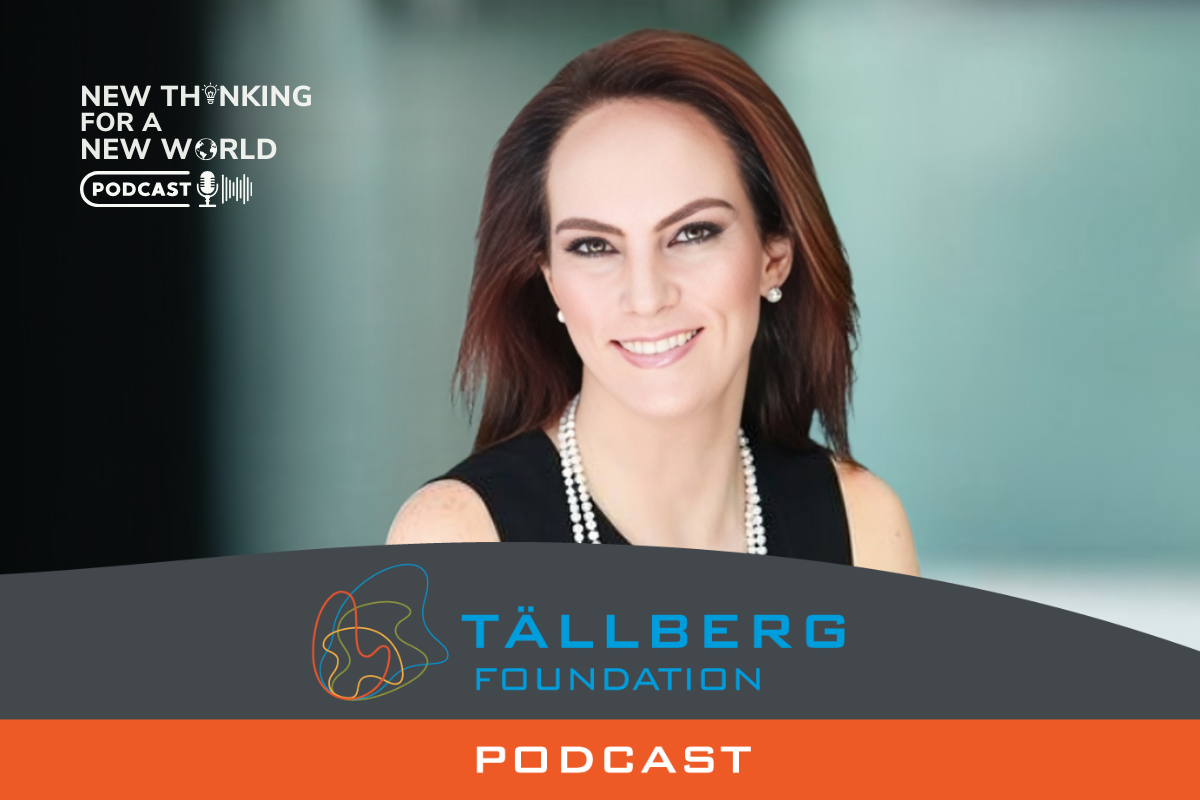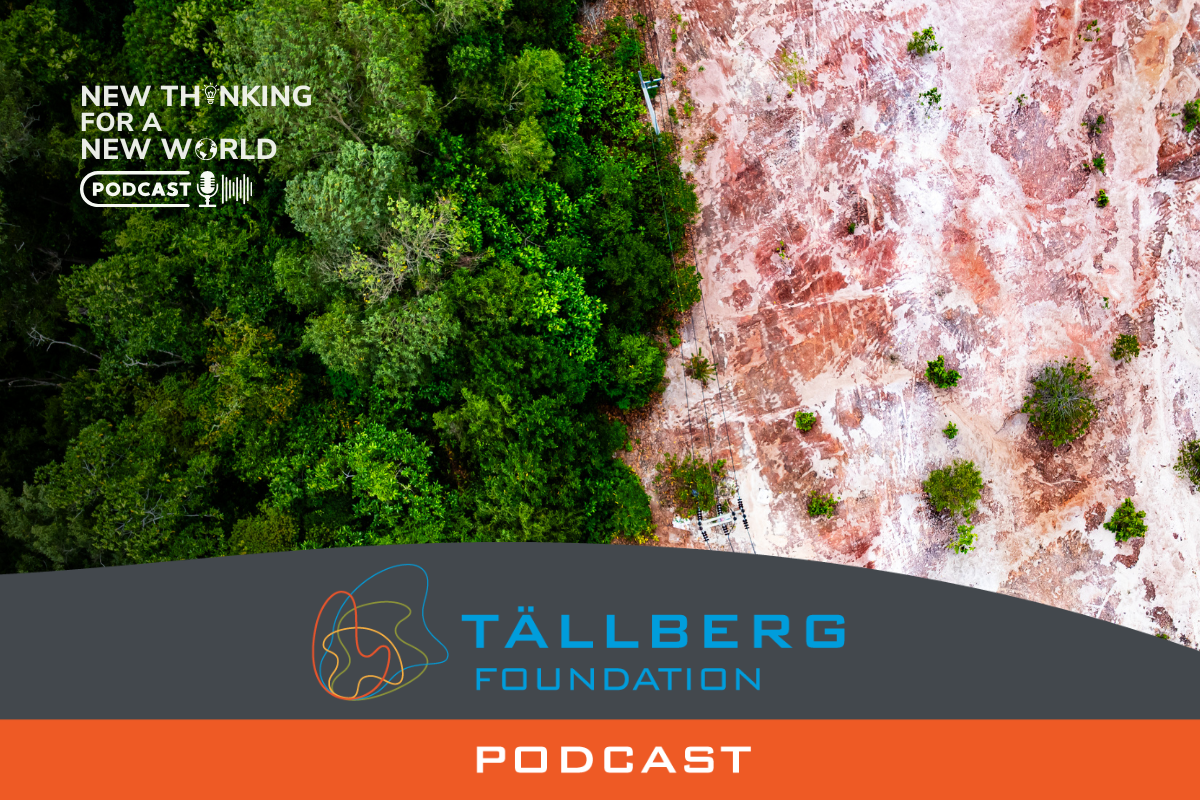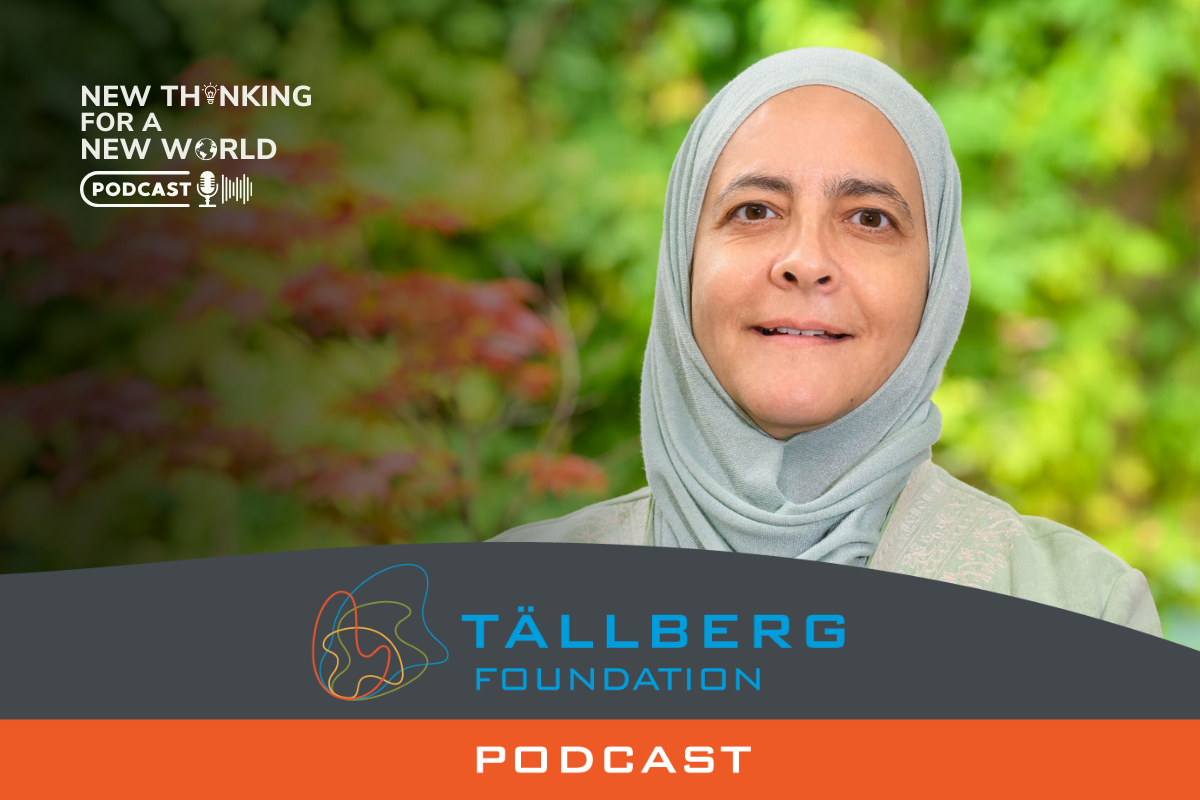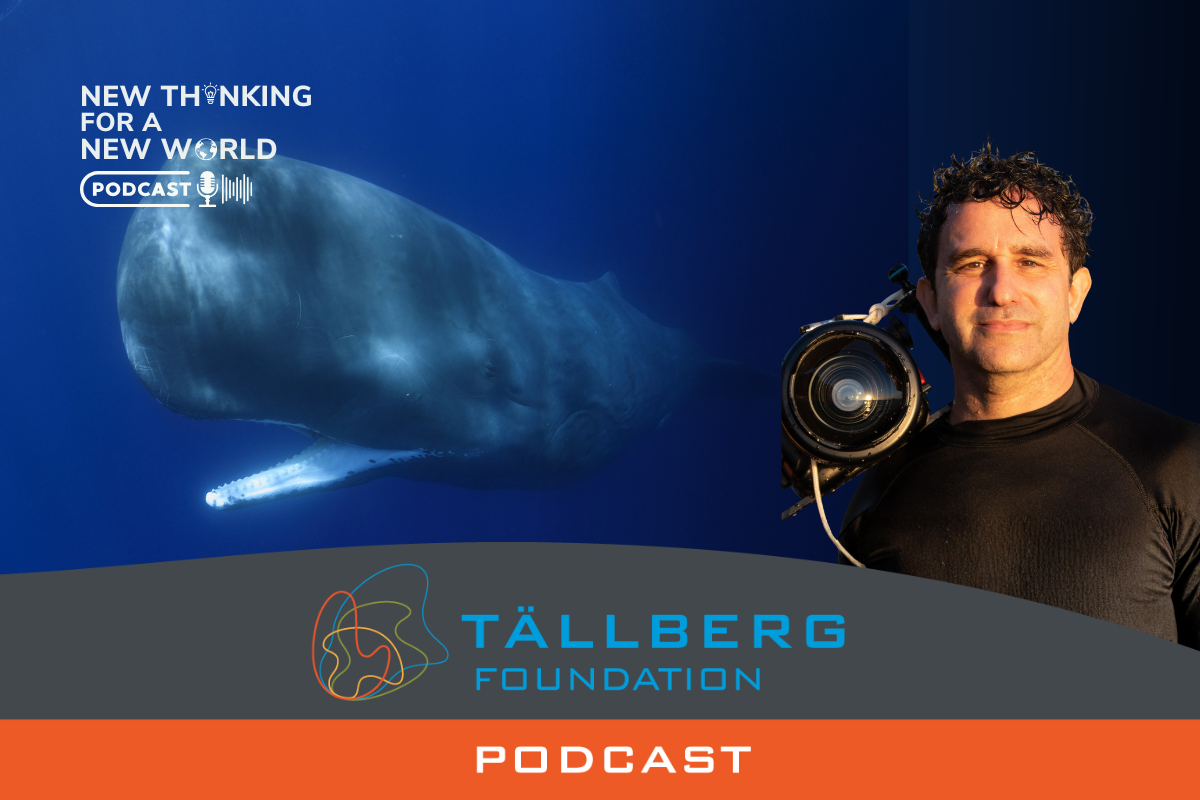Like everything else about India, its democracy is complicated. Recent parliamentary elections—more than 640 million people voted (roughly two-thirds of eligible voters)—produced a contradictory, confusing outcome. On the one hand, Prime Minister Narendra Modi’s BJP party won a plurality, giving him an historic third term. On the other hand, the BJP lost its majority and required coalition partners to maintain control. The political opposition, including much-maligned Rahul Gandhi and Congress, won a new life as a serious political force.
So, which is it? Did Modi, denigrated by some as a Trump-like autocrat, win or lose? Did the majority of Indian voters reject the Hindu nationalism that has been his trademark? Was this election about Modi, about religious extremism, about economics, or about something totally different? Is India more or less stable, more or less predictable?
It’s India, so definitive answers are elusive. But our guest today on New Thinking for a New World, can surely point us in the right direction. Vishakha Desai is a widely respected Asian scholar focused on art, culture, policy, and women’s rights. Born in India and living in the United States, Vishakha moves seamlessly between the two countries and the two cultures. Listen as she explains the elections and their consequences—and then tell us what you think and comment below
***
Find the New Thinking for a New World podcast on a platform of your choice (Apple podcast, Spotify, Google podcast, Youtube, etc
ABOUT OUR GUEST
Vishakha Desai is an Asia scholar with a focus on art, culture, policy, and women’s rights. Vishakha has served in various capacities at Columbia University, including as Senior Advisor for Global Affairs to the president, chair of CGT, and Senior Research Scholar at SIPA. From 2004 to 2012, she was the President and CEO of the Asia Society. She is actively involved in various organizations, serving as the Chair of the Board of Trustees for AFS Intercultural Programs, a Trustee of the Doris Duke Charitable Foundation, and has served on the Board of Directors for Teach for All. She is also part of the governing council of KREA, a liberal arts university in India, and has served on the Corporate Board of Mahindra & Mahindra, one of India’s largest global corporations. Her extensive body of work includes publications, and her memoir, “World as Family: A Journey of Multi-rooted Belongings,” was published by Columbia University Press in 2021.




The recent political developments in India paint a complex picture, reflecting both the successes and challenges faced by the BJP under Prime Minister Modi. While there were high expectations for a decisive majority, the outcomes were less certain, resulting in a dynamic political landscape that sees the opposition, including figures like Gandhi and the Congress party, gaining renewed influence. The comparison of Modi to a Trump-like autocrat or a liberal democrat underscores the varied perceptions of his leadership. With a career emphasizing art, culture, policy, and women’s rights, Vishaka Desai offers valuable insights into these developments and their broader implications.
India is a mosaic complexity ,and you cannot expect anything about it to be less complicated.
It is good that Modi Party that is notorious for projecting Hindu nationalism and religious extremism has been cut to seize in the election even though he waged to win but to retain his position as Prime Minister a coalition has to be cobbled together.
It is a good thing for Indian democracy,and this is a pointer to the fact the electorate are getting tired of voting hugely for a party that shown intolerance of India plurality.
This year’s election was “one of the most polarised” with parties using caste and religion to garner votes. The BJP has always had two key objectives as a party. There’s been a pillar of kind of policies around economic upliftment and then a pillar of policies/agenda behind the Hindutva, or Hindu nationalism
Vishakha Desai’s analysis of India’s recent elections on the “New Thinking for a New World” podcast provides a nuanced perspective on a complex situation. Her insights into the contradictory outcomes, where Modi’s BJP won a third term but lost its majority, highlight the intricate nature of Indian democracy. Desai’s discussion on the resurgence of the opposition and the broader implications for India’s political landscape is particularly thought-provoking. This podcast is a must-listen for anyone seeking to understand the multifaceted dynamics of India’s electoral politics and its future trajectory.
The recent elections in India show both the successes and challenges for the BJP under the leadership of Prime Minister Modi. Despite high expectations of winning a decisive majority, the results were not certain, creating a dynamic political landscape where the opposition, including figures such as Gandhi and the Congress Party, have gained renewed influence.
Perceptions of Modi’s leadership vary widely, comparing him to both autocrats like Trump and liberal Democrats. Vishaka Desai offers valuable analysis of these developments, highlighting her career focused on art, culture, politics, and women’s rights.
The election result, where the Modi Party lost its majority, although it won a third term, indicates a tiredness of the electorate towards the Hindu nationalism and religious extremism promoted by the BJP. This requires Modi to cobble together a coalition to maintain his position as Prime Minister, which is seen as positive for Indian democracy.
In the podcast, Vishaka Desai delves into these topics, providing a nuanced perspective on India’s intricate democracy and the resurgence of the opposition, her analysis crucial to understanding India’s current and future political dynamics.
India has a multi-party system with two major parties, namely the Bharatiya Janata Party (BJP) and the Indian National Congress (INC), that dominate politics at the national level.
For the 2024 election, 968 million people were eligible to vote, an increase of about 150 million people from the 2019 election.
For the first time since 1996, the BJP did not field candidates in the Kashmir division, with analysts and opposition politicians attributing it to popular backlash over the BJP government’s revocation of Jammu and Kashmir’s autonomy enshrined under Article 370 of the Indian Constitution in 2019.
The issue of unemployment has been a major problem for the Indian economy, especially affecting the youth. Unemployment in India has been at a 45-year old high. According to a 2022 World Bank report.
Unemployment took a centre stage in the election campaigns, with the opposition Indian National Developmental Inclusive Alliance criticising the BJP government’s handling of the Indian economy for rising inflation, inequality and unemployment.
The outcomes of these elections have varied significantly by region, reflecting the diverse political landscape of India.
Dr. Vishaka Desai, with her extensive background in art, culture, policy, and women’s rights, offers a unique lens through which to view these developments. Her insights can shed light on the broader implications of India’s political shifts, particularly in how they affect cultural policies and social dynamics. Dr. Desai’s perspective would be invaluable in understanding the nuanced impact of these political changes on Indian society and its diverse population.
Overall, the current political scenario in India is one of flux and transformation, with significant implications for its future trajectory. Insightful analyses from experts like Dr. Desai can help decode these complexities and offer a deeper understanding of the evolving landscape.